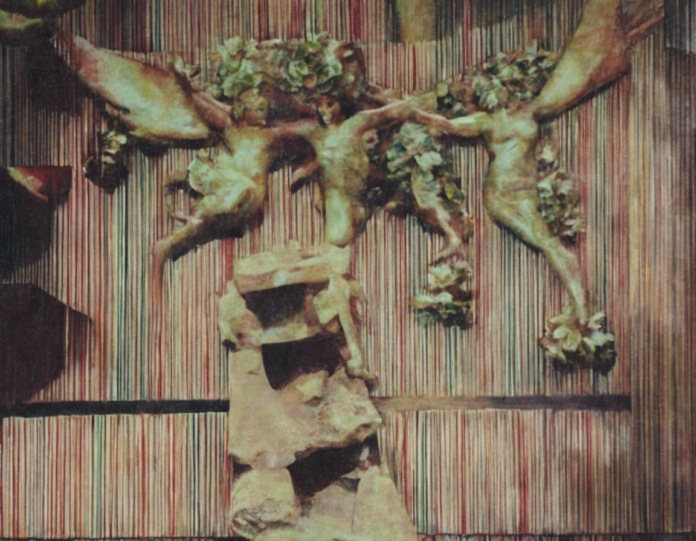Introduction
Originating from the Arabian Peninsula, the Arabian horse breed is heralded for its beauty, grace, and endurance. The art of Arabian horse breeding has captivated equestrians and enthusiasts worldwide for centuries. From their striking appearance to their remarkable performance capabilities, Arabian horses continue to leave a lasting impression on those who encounter them. In this comprehensive guide, we will delve into the world of Arabian horse breeding, exploring the history, characteristics, breeding practices, and more.
History of the Arabian Horse Breed
The history of Arabian horses dates back thousands of years, with the breed’s origins traced to the Arabian Peninsula. Renowned for their speed, stamina, and loyalty, Arabian horses played a crucial role in the lives of the Bedouin tribes, serving as trusted companions in both times of peace and conflict. Their ability to thrive in harsh desert environments and form strong bonds with humans contributed to their legendary status.
Characteristics of Arabian Horses
Arabian horses are known for their distinctive physical characteristics, including a dished face, large eyes, arched neck, and high tail carriage. These features give them an elegant and refined appearance that sets them apart from other horse breeds. In addition to their aesthetic appeal, Arabian horses are prized for their intelligence, agility, and spirited personality. These traits make them versatile performers in various disciplines, from dressage and endurance riding to show jumping and western pleasure.
Breeding Practices
The art of Arabian horse breeding involves careful selection of breeding stock to preserve and enhance desirable traits. Breeders aim to produce foals that embody the breed standard while improving upon existing characteristics. Inbreeding is often avoided to prevent the expression of genetic disorders and maintain genetic diversity within the gene pool. Modern breeding techniques, such as artificial insemination and embryo transfer, have expanded the possibilities for breeders to produce offspring with specific traits.
Show and Performance
Arabian horses excel in show and performance settings, showcasing their grace, athleticism, and beauty. Show disciplines such as halter, hunter pleasure, and reining allow Arabian horses to demonstrate their conformation and movement. Endurance riding, a sport that tests a horse’s stamina and ability to cover long distances, is another popular activity for Arabian horses. Their natural athleticism and strong work ethic make them well-suited for a variety of competitive endeavors.
Arabian Horse Associations and Events
Arabian horse enthusiasts can connect with like-minded individuals through Arabian horse associations and events. Organizations such as the Arabian Horse Association (AHA) promote the breed through education, competitions, and networking opportunities. National and international horse shows, including the prestigious Arabian Horse World Championship, provide a platform for breeders, owners, and riders to showcase their Arabian horses to a global audience.
Conclusion
The art of Arabian horse breeding continues to enchant and inspire horse lovers around the world. From the breed’s rich history to its enduring legacy of beauty and performance, Arabian horses hold a special place in the hearts of equestrians everywhere. Whether as beloved companions, competitive athletes, or cultural icons, Arabian horses embody the timeless allure of the equine spirit.
FAQs (Frequently Asked Questions)
-
What makes Arabian horses unique compared to other breeds?
Arabian horses are known for their distinctive physical characteristics, intelligence, and spirited personality, setting them apart from other breeds. -
What is the average lifespan of an Arabian horse?
Arabian horses typically live between 25 to 30 years, though some individuals may live into their late 30s or early 40s with proper care. -
Are Arabian horses suitable for beginners or inexperienced riders?
While Arabian horses are known for their sensitivity and high energy, they can be suitable for riders of all experience levels with proper training and handling. -
How can I get involved in Arabian horse breeding?
If you are interested in Arabian horse breeding, consider joining a local Arabian horse association, attending breeding seminars, and networking with experienced breeders to learn more about the process. -
What are some common health issues that Arabian horses may face?
Arabian horses are generally hardy and resilient, but they may be prone to conditions such as Colic, Heaves, and Laminitis. Regular veterinary check-ups, proper nutrition, and consistent exercise can help prevent these health issues. -
Can Arabian horses compete in disciplines outside of traditional Arabian shows?
Yes, Arabian horses can excel in a wide range of disciplines, including dressage, show jumping, endurance riding, and western pleasure. Their versatility and athleticism make them competitive in diverse equestrian sports. -
How can I learn more about the history of Arabian horses?
Explore books, documentaries, and online resources dedicated to Arabian horse history. Visiting Arabian horse museums and heritage centers can also provide valuable insights into the breed’s origins and cultural significance. -
What are some famous Arabian horse bloodlines that have had a significant impact on the breed?
Notable Arabian horse bloodlines include Skowronek, Bask, Raffles, and Padron, whose descendants have made significant contributions to the breed through their conformation, temperament, and performance capabilities.








